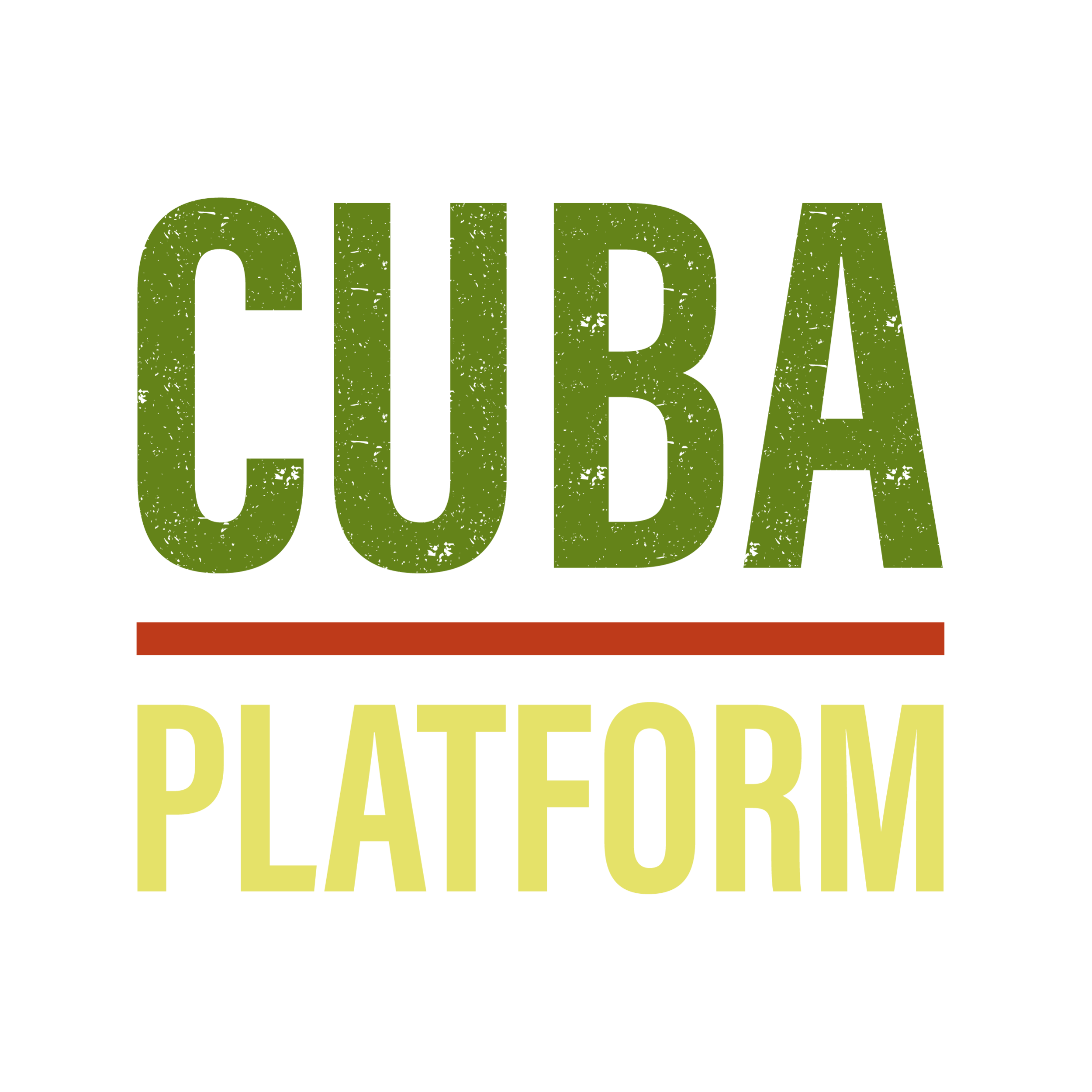Our Team
Our core staff and program advisors have strong ties and long-term connections with Cuban institutions and stakeholders in both Havana and the provinces. We have high-level experience working with political leaders, collaborating with scholars, and engaging with grassroots networks for transformative social change in North America, Latin America, Cuba, and beyond.
SARAH STEPHENS, FOUNDER & DIRECTOR
Contact: sarah@cubaplatform.org
Director Sarah Stephens is a veteran leader in human rights and social justice advocacy, focused on reforming U.S. relations with Cuba for the past 17-plus years. She founded and led the Center for Democracy in the Americas (CDA), which played a key role in bringing about the historic opening between the U.S. and Cuba in 2014. As part of her strategy for changing U.S. policy, she has led fact-finding missions to Cuba for more than 300 public officials from both political parties, business executives, philanthropists, artists, and cultural figures. Her delegations have included New York Governor Andrew Cuomo, the National Association of Manufacturers, the President’s Committee on the Arts and Humanities, and numerous bipartisan Congressional delegations.
At CDA, Ms. Stephens created the weekly Cuba Central News Brief and supervised the publication of a series of reports on 21st Century Cuba, including “Cuba’s New Resolve: Economic Reform and its Implications for United States Policy” and “Women’s Work: Gender Equality in Cuba and Women’s Role in Building Cuba’s Future,” funded by the Ford Foundation and featured in The New York Times. Ms. Stephens has testified before Congress on U.S.- Cuba relations and the coup in Honduras, and continues to provide commentary and expertise to the media and in other public forums.
Her current research and writing is focused on empathy, equity, and how to build healthier societies, inspired by new research in neuroscience, primatology, social psychology, and other fields. Throughout her career, she has integrated these themes into advocacy work defending Central American refugees, fighting for LGBTQ+ rights, and providing public education against bigotry to large-scale audiences. Sarah previously founded Artists for a Hate-Free America, an organization that brought together Pearl Jam, Ice T, Bonnie Raitt, the Beastie Boys, Beck, Gus Van Sant, Melissa Etheridge, and many others to advocate for more just and equitable societies.
JUSTINE WILLIAMS, MANAGING DIRECTOR
Contact: justine@cubaplatform.org
Justine Williams has dedicated her career to engaged research, advocacy, and learning on issues pertaining to social movements and economic justice. In partnership with NGOs, academic institutions, and grassroots organizations, Dr. Williams began studying Cuban lessons for the global food sovereignty and food justice movements in 2010. She lived in Sancti Spiritus, Cuba in 2014-2015, and has traveled regularly between the US and Cuba since. A cultural anthropologist by training, Dr. Williams’s dissertation explored how the social practices of a local food and agricultural movement in central Cuba affected participants’ subjectivities and orientation toward broader social issues such as misogyny, economic development, and climate change. She has helped lead trips for over 100 equity scholars and activists to Cuba. Dr. Williams is also editor of the book volume, Land Justice: Re-imagining Land, Food, and the Commons in the United States, which takes inspiration both from Cuban experiences in agrarian reform and the revolutionary legacy of Black land reform in the Southern United States. At the Cuba Platform, Justine is focused on cultivating meaningful partnerships with Cuban counterparts, facilitating nuanced learning for participants in Cuba convenings, and expanding the Platform’s line of work around care economies. She holds an MA and PhD from the University of North Carolina at Chapel Hill.
CATHERINE MURPHY, SENIOR FILM ADVISOR
Contact: catherine@cubaplatform.org
Catherine Murphy, Senior Advisor to the Cuba Platform, is also an independent film producer and a leading U.S. expert on Cuban society. Ms. Murphy studied in Cuba in the 1990s, researching urban food production and obtaining an MSc at the Facultad Latinoamericana de Ciencias Sociales [Latin American Department of Social Sciences] (FLACSO) of the University of Havana. Since then, she lived and worked across Latin America and the United States, focusing on multi-media campaigns and social documentaries. Ms. Murphy has organized dozens of academic and cultural exchange programs to Cuba with universities, non-profit institutions, and cultural institutions with well-known figures including Dr. Patch Adams and Wynton Marsalis. She has worked on numerous films about Cuba including “‘Verde que te quiero verde”’ [The Greening of Cuba] by Jaime Kibben and “‘Que el verdadero terrorista se ponga de pie”’ [Will the Real Terrorist Please Stand Up?] by Saul Landau. She served as Senior Staff Producer at the TeleSur TV Washington Bureau in 2006 and has produced content for PBS, Radio Pacífica, Avila TV, WBAI, KPFA, and Democracy Now! Her documentary “MAESTRA,” narrated by Alice Walker, has screened widely since a 2012 release.
MARIAKARLA NODARSE VENANCIO, PROGRAM COORDINATOR
Contact: mariakarla@cubaplatform.org
Mariakarla Nodarse Venancio, Program Coordinator for the Cuba Platform, is a lawyer with a Master’s Degree in International Legal Studies, specializing in international business law and international organizations. With a proven track record of experience in policy and case analysis, research and communications content development, as well as the execution of awareness and relationship-building activities in multi-cultural environments, Ms. Nodarse has built her career at the intersection of issues relating to public policy with law and society, in both NGO and legal organizations. As a Cuban, she has a strong interest in the Latin America and Caribbean regions, which she has manifested throughout her academic and professional career, authoring several research papers and a thesis on NGOs in Latin America, focusing on how the barriers established by the legal frameworks were directly related to the effectiveness of organizations in the region.




